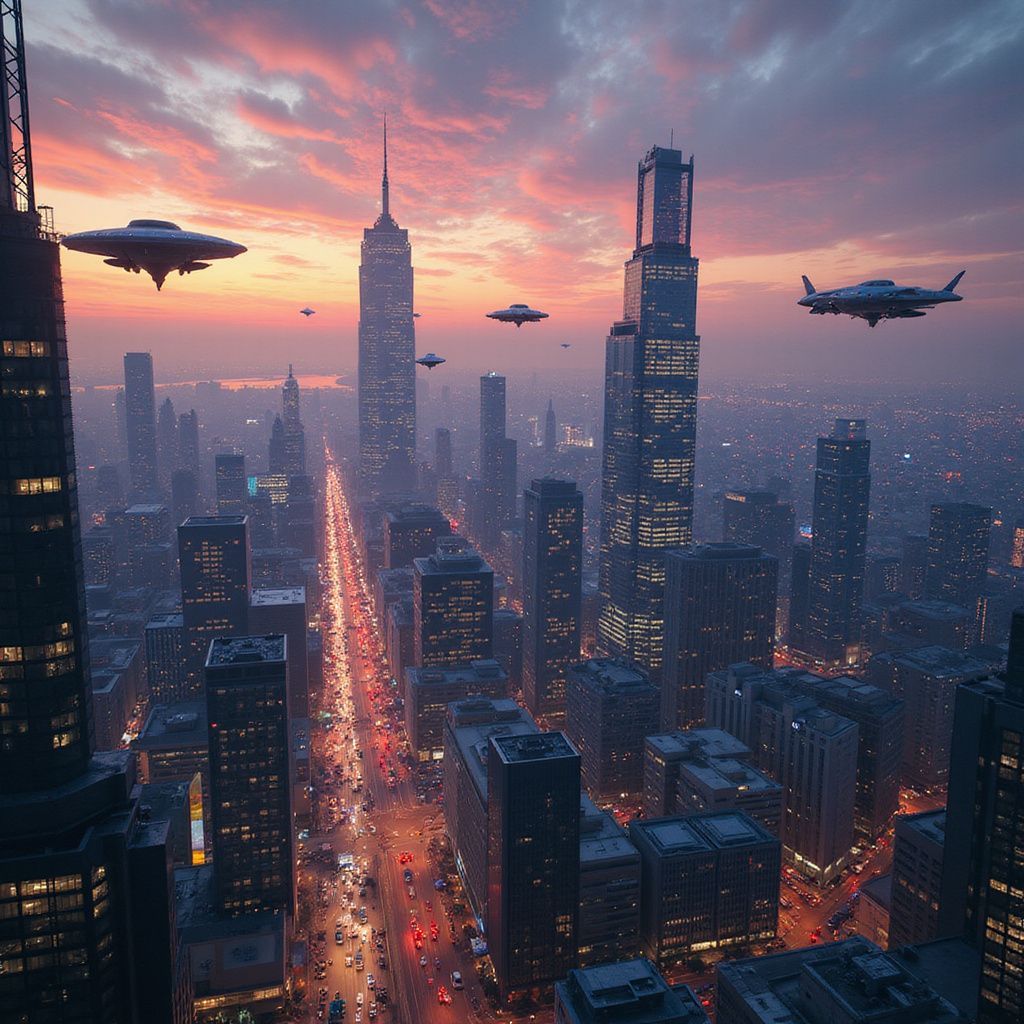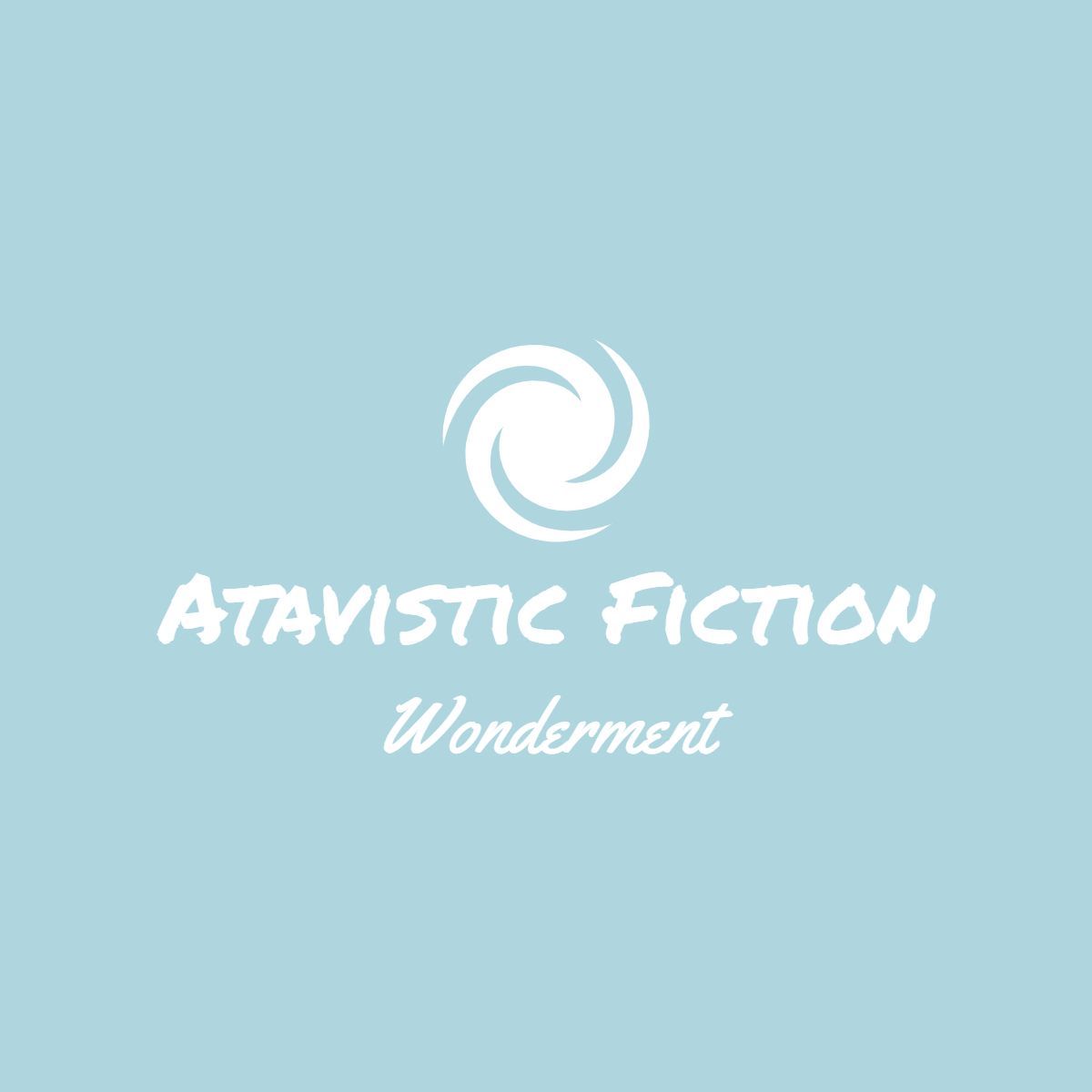
Atavistic Fiction in the Literary Multiverse
What is Atavistic Fiction? I'll save you the dictionary lookup of atavism. It generally has a negative connotation in medicine as a form of reverse mutation, or by referring to the reemergence of unwanted traits from earlier generations. Webster's second meaning is the focus of this essay and is the basis for my experimental writing: a recurrence or reversion to a past style, manner, outlook, approach, or activity.
The idea occurred to me as I floundered to find my "literary" voice while working on my master of fine arts degree. In literary writing, there is an emphasis on craft techniques such as precise language selection, the interiority of the inner psyche of the characters, shifting point of view, overlaying of multiple stories, jumps in time, and ambiguous action/feeling/dialog. With expert instruction and workshop feedback I progressed, I improved, but I can't say I ever felt my writing was "good," especially in the literary sense. In my intellectual journey to find the right vehicle for my writing voice, I experimented until I found what I call Atavistic Fiction.
When it comes to literary theory, the origins of any current branch of writing can be traced directly back over one hundred years ago. Even in 2019, the current state of academically approved literary writing has its roots in the Modernist movement from the early twentieth century. I won't bore you with the details of how Modernist literature sprang out of the horrors of WWI, plunging a generation of writers into disillusionment, despair, and alienation. Or, how the Post-Modernists worked to outdo the Modernist by using fragmentation, ambiguity, and meta-fiction. Then there was Deconstructionism and a host of other (non) literary 'isms.' Authors read as part of my studies included Raymond Carver, J. M. Coetzee, Herman Melville, Toni Morrison, Alice Munro, Jhumpa Lahiri and we even had a visit from 2013 Pulitzer Prize winner, Adam Johnson to speak and discuss his novel, The Orphan Master's Son. When I read a literary story, I have learned to appreciate the skilled use of language, innovative structure, and experimental style, but frequently, I feel empty and unsettled after reading them because the spotlight is on human flaws, societal inequality, and the general hopelessness of the universe.
To cleanse my bitter emotional palate and refresh my outlook on life, I found myself drawn to the older works of Jules Verne, Edgar Allen Poe, Arthur Conan Doyle, Edgar Rice Burroughs, and Robert E. Howard, several of which started in the lowly pulp fiction market. They were impressive in unique ways, from the economy of action of Howard to the intellect of Poe and Doyle, and the sheer creativity of Verne and Burroughs. Today, many of their works are considered genre, but they are perennial sellers and have been made into popular movies (every generation seems to have a version of Tarzan and Sherlock Holmes), and they are still fun to read. When I finish reading one of these pre-Modernist classics, I don't feel down or distressed. The focus is not on the language but on the characters and story. A well-written story allows me to identify with the characters and situations they face. I feel good that I completed the adventure with them, explored a new world, and survived an impossible danger.
Atavistic Fiction is borne out of my personal journey through the literary landscape. I've always had story ideas but never believed I could write a complete novel. I enjoy observing the people and world around me, questioning "why" and wondering "what if?" As many thoughts swirl around my brain eventually, several will magically join together like pieces of an interlocking puzzle to form a story. Whatever occurs to me is what I write, and it is my joy to experience the story twice; by participating in the wonder of creation and simultaneously reading it. In many ways, it is cathartic and uplifting for me. There is a sense of freedom as my mind expands beyond my mortal limitations as I transcribe the events my characters experience. Then I reach a point where I must turn to my education to elevate the mere plot points, characters, and setting into proper literature. That is when the battle begins.
I had to choose and commit to one literary world view. Either I embrace the standard establishment literary themes and style, or I discard much of what I have learned and continue to embrace the fervent, self-induced, waking dream where my stories evolve. Writing in literary mode brought paragraphs and pages of interiority, reflection, description, and indirect social commentary, but it all felt lifeless. Where was the spark that generated the initial story idea? I am not the type of writer who approaches a story by saying, "I will write a story about X, where the conflict is Y, and the theme is Z." A story is not an essay, nor should it be a sermon, and certainly never sales or propaganda.
In literary mode, ideas that popped into my head quickly faded as I struggled to capture the essence of the inspiration that birthed them. My tracking spreadsheet of new stories grew, but my list of completed stories remained empty. Perhaps I just didn't absorb the lessons completely. My writing output diminished as my head pulled in one direction while my heart pulled in the opposite direction. Eventually, I drifted away from my academic training and toward that sense of wonder that inspired my original ideas. I told myself to 'just write a rough draft and fix it later,' but that was my excuse to ignore the external expectations of my formal education.
The factor that changed my outlook, and my output, was to accept that the established literary style did not fit me and to trust my creative process. I write what comes out. I allow the story to flow through me, without restriction or judgment. Every character has a personality that responds uniquely to each situation. All I do is put them in various situations and watch their reactions. As long as I stay true to the characters and to the story, I am satisfied with its' conclusion.
An odd cross-pollination began to develop between my MFA studies, my guilty pleasure readings, and research for my science fiction stories. The concept of the multiverse has been around since Isaac Newton's Opticks, the possibility of multiple variations of our world operating under different laws of nature. Another variation of the multiverse is the diverging at a significant historical event to form vastly different realities, for example, P.K. Dick's Man in the High Castle. Recent real-world quantum physics theory suggests that everything in the universe may be connected, that we may be one of an infinite number of distinct realities.
Is there a literary multiverse? What if in the early 20th century we focused on navigating the industrial revolution fairly and equitably? That WWI never happened, never battered the emotions of a young generation of writers that spawned the nihilistic Modernist movement. Would literature have continued to build on the excitement of new technology and peaceful global interactions? Atavistic Fiction is my attempt to take a divergent path starting at the beginning of the 20th century with no WWI, hence no collapse of Europe or rise of Nazi Germany and WWII. Instead, imagine an aging Adolf Hitler wearing a beret, sitting outside a cafe smoking a cigarette as he peddles, "paint your portrait while you dine." Without world wars, cold wars, and class wars, we would continue on a path of literature that spoke of life, love, and the eternal beauty of the universe.
Atavistic Fiction is a mental time machine that we step through to an alternate experience. Atavistic Fiction is not nostalgia; it does not attempt to return to the lifestyle or morality of a previous time period, or of their cliched plots (which if you think about it, were entirely original at the time and have only become cliched because they have been reused so many times by lazy writers.) Atavistic Fiction picks up at the height of the classics without trying to recreate them but uses them as a jumping-off point for new exploration. It is merging of the creative spirit, the sense of wonderment, and the possibilities of life with engaging characters, coherent plot, vivid conflict, and contemporary wording. It marries the literary care for the craft of storytelling to crafty stories.
As a writer, I have improved by completing an MFA degree. That fact does not automatically vault me into the realm of being a good writer, just a better writer. It also gives me an idea of what I can do and what still needs work. The main point of my writing is always to acknowledge the truth of who we are, without apology, and without guilt, and without explanation. Atavistic Fiction seeks to restore a sense of wonderment, of childlike awe at the beauty surrounding us in the natural world and to emphasize the positive over the negative. A story should come to life as we read it, inhabit our minds and hearts as we gaze over the words, or rather, we should not be aware of reading as the words lift off the page and fill our minds with the events of the story. Atavistic Fiction is the vehicle that resonates with my artistic voice. I hope you enjoy it also.
